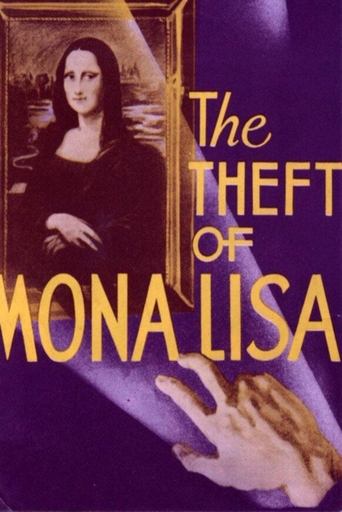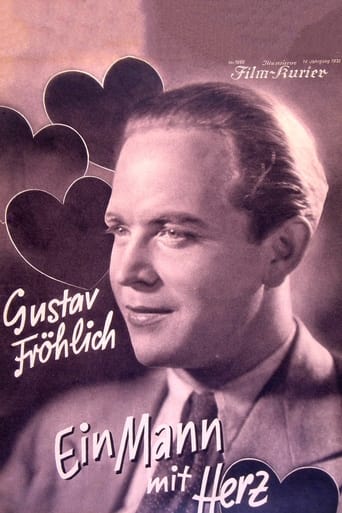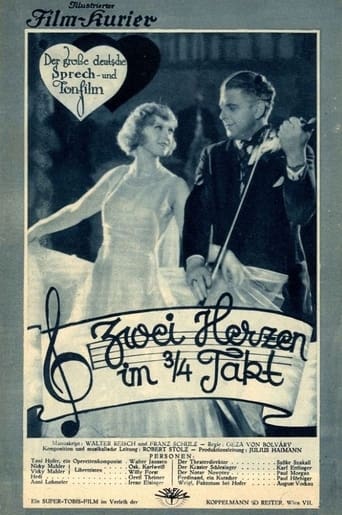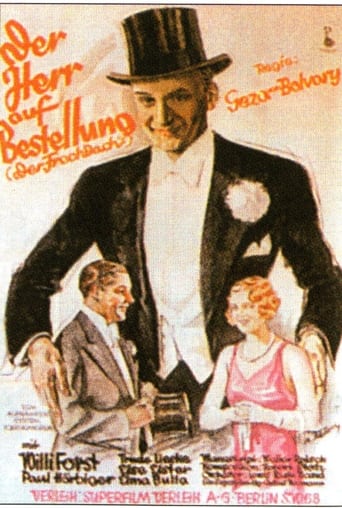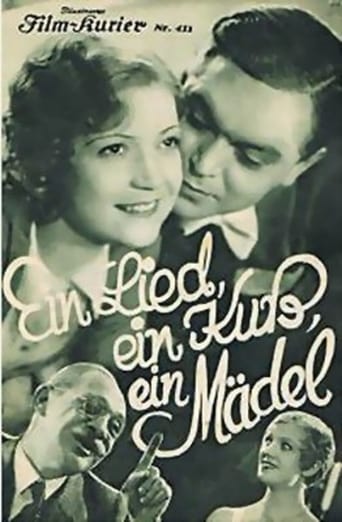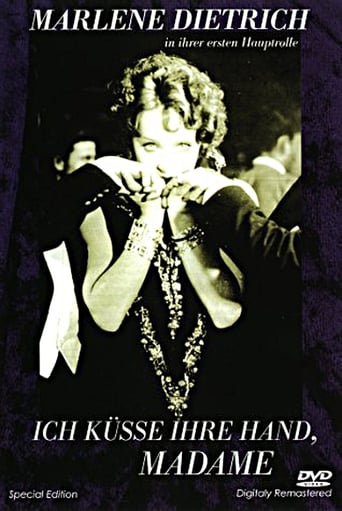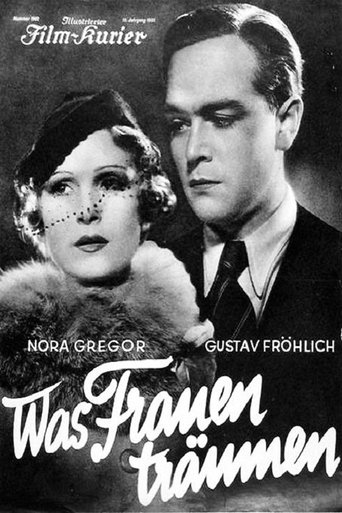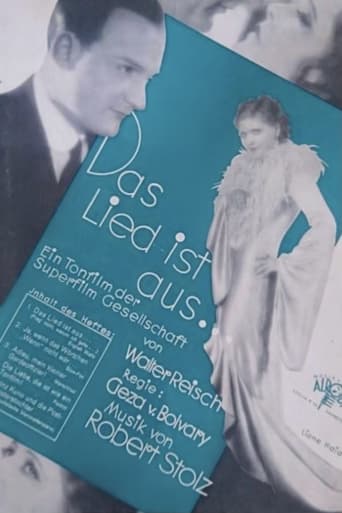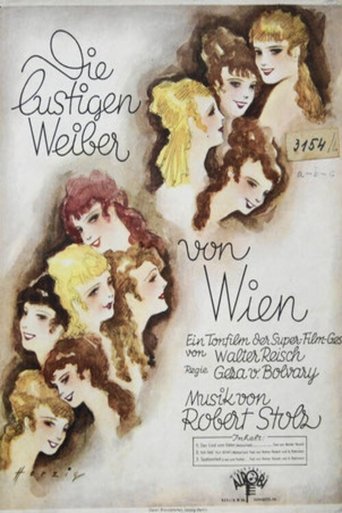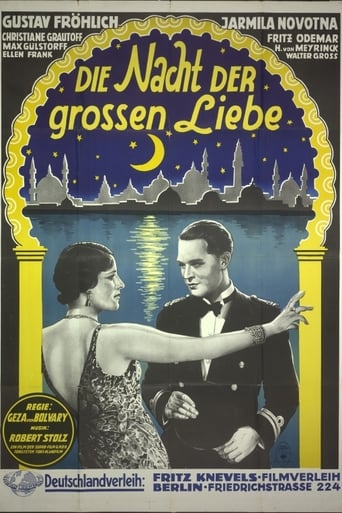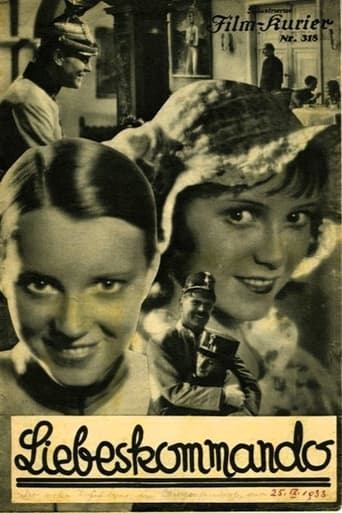The Theft of the Mona Lisa 1931
This German crime drama was based on a true story. Willy Forst stars as a poverty-stricken Italian glazier who falls in love with French hotel maid Rosa Valletti. Struck by the girl's resemblance to Leonardo Da Vinci's Mona Lisa, Forst manages to steal the painting from the Louvre in hopes of impressing his sweetheart. But when the girl proves to be a fickle sort, the crestfallen hero confesses his crime and is carted off to jail. Unwilling to admit that he'd been led astray by a woman, Forst claims that he stole the Mona Lisa to restore it to his native Italy, and as a result is hailed as a national hero! Raub der Mona Lisa was distributed in the U.S. by RKO Radio, under the title The Theft of the Mona Lisa.
